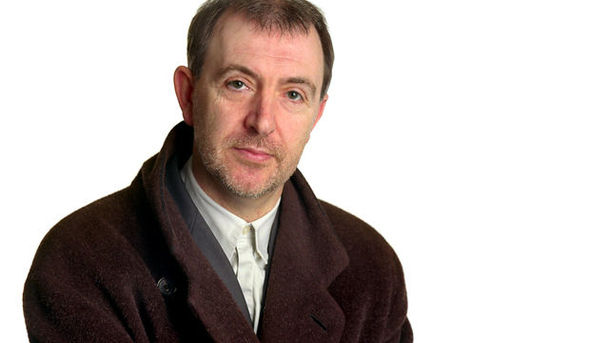Night Waves - Europe in Crisis, Political Picasso, John Osborne

The huge financial bail out of the Greek economy is testing will of its largest contributor, Germany. Angela Merkel has already been punished in the polls for sending good German Money after bad Greek debts. That this is a crisis in the European Institution is not in doubt but the nature of the crisis is under discussion. Phillip Dodd is joined by Tim Garton Ash, Alex Callinicos and Robert Hancke examine the various divisions - between North and South, East West, elite and popular, financial and political - that the current crisis reveals. And to discuss whether present events will sharpen the arguments against the European project or add urgency to the calls for a greater union. As the National Theatre of Wales premieres a lost John Osborne play called The Devil Inside Him Philip Dodd talks to John E. McGrath, the company's artistic director. The play is about a young misfit poet trapped in a conservative south Wales household but does this story fit naturally into our existing sense of Osborne's career or does it give us a new glimpse into his character as a playwright. Pablo Picasso's status as a giant of modern art is well attested but his political significance is the subject of far fewer pronouncements. We tend to associate him with Cubism and Andalucia not ICBMs and the Iron Curtain but now, Tate Liverpool is opening an exhibition called Political Picasso: Peace and Freedom in the Cold War. The exhibition sets out to radically reassess the significance of Picasso's involvement in the Cold War dominated politics of the late 1940s-60s. The conference investigates the understanding that Picasso's politically inspired artworks had in a range of European countries inside and outside the Soviet bloc, and in the world beyond. Issues of 'peace' and 'freedom' continue to dominate our horizons as they did those of peace activists inside and outside the Communist parties. The conference also seeks to consider whether the moral, aesthetic and ideological weight associated with Picasso's major paintings of the time (Charnel House, 1944-5, Massacre in Korea, 1951 and their prefigurative model, Guernica, 1937) belongs to a lost age. Could visual art in our time ever again take on this burden, and if the answer is 'no', then what does this reveal about our contemporary culture and the place and power of art within it?